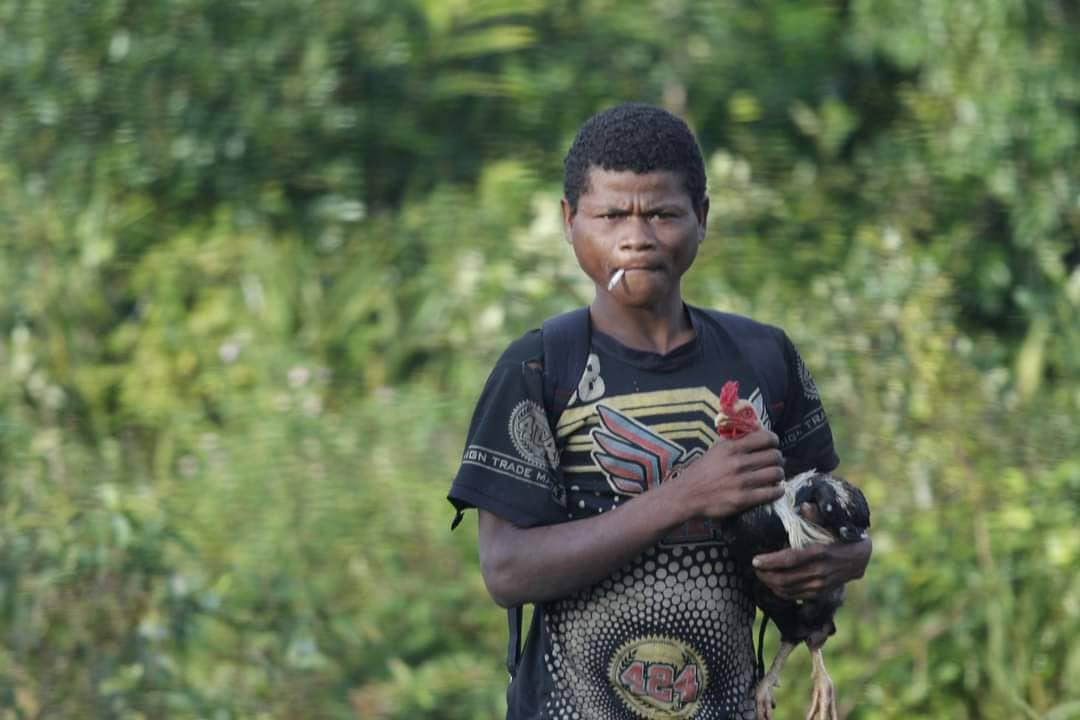Inscribed in 2021 on the Representative List of the Intangible Cultural Heritage of Humanity, Kabary is an ancestral oratory practice of the Malagasy people, a kind of poetry declaimed before the general public. It is highly structured, consisting of proverbs, maxims, rhetorical figures and puns, embodying the essence of Malagasy culture. Originally, Kabary was used by rulers to inform the community about upcoming events, social life and administrative decisions. Over time, it came to be used by communities to communicate on various social, political and ritual occasions. Kabary is an art of speech, a vector of tradition and an instrument of social cohesion.
Origins and history of Kabary :
The term “kabary” comes from the Swahili “kabari,” meaning “information,” and also from the Arabic “kabar,” meaning “to inform, to say.” It’s a speech that is neither sung nor chanted, but lightly shouted and said a little louder than the way the speaker usually expresses himself. It has its origins in Madagascar’s pre-colonial history, where it was initially used by kings and chiefs to communicate with their subjects, announce important decisions, and resolve conflicts.
Over time, the practice was adopted by local communities and became a central element of social ceremonies such as weddings, funerals, and family celebrations. Kabary, it is said, was once only permitted for elderly men of high social status, but over time it has become increasingly open to young people and women.
Structure and techniques :
In 2021, Kabary was inscribed on the Representative List of the Intangible Cultural Heritage of Humanity. UNESCO describes this art of oratory as having a dual value, both familial and political, while also recognizing its unifying function. Kabary is performed according to a rigorous, codified structure.
Dressed in “lamba”, an essential garment that defines his Malagasy identity, the speaker generally begins with a ceremonial introduction in which he greets the assembly and invokes the ancestors. This is followed by the body of the speech, where the main messages are set out, often enriched with proverbs, metaphors, and historical references. Finally, the speech ends with thanks and blessings.
Speakers, or mpikabary, are often trained from an early age. They master the art of rhetoric, the use of proverbs, and the ability to captivate and move their audience. Eloquence, respect for tradition, and the ability to improvise are essential qualities for a mpikabary.
Roles and significance of Kabary in Society :
Kabary plays several roles in Malagasy society. They are pronounced to:
- Inform and educate: The Kabary’s main purpose is to educate. Kabary transmit knowledge, values and traditions from generation to generation.
- Unite and strengthen the community: By bringing community members together for important events, the Kabary strengthens social ties and community cohesion.
- Regulate and arbitrate: When conflicts or community decisions arise, the Kabary provides a platform for discussion, negotiation and the peaceful resolution of differences.
The modern Kabary :
Today, Kabary continues to evolve. It remains a fundamental element of traditional ceremonies and also finds its place in modern contexts such as political speeches and public events. Kabary competitions are often organized, highlighting new talent and ensuring the preservation and transmission of this oratorical art.
Associations such as FI.MPI.MA (Fikambanan’ny Mpikabary Malagasy), in French “Association des locuteurs malgaches”, founded in 1960, are among the largest mpikabary associations in Madagascar. They maintain and share the importance of Kabary and offer targeted training courses for the general public. The FI.MPI.MA association is also behind events such as Kabary-themed trips.
Kabary’s influence can also be found in the media, where television and radio programs promote it. Moreover, younger generations are showing a renewed interest in this tradition, seeking to learn and perpetuate this unique cultural practice.






